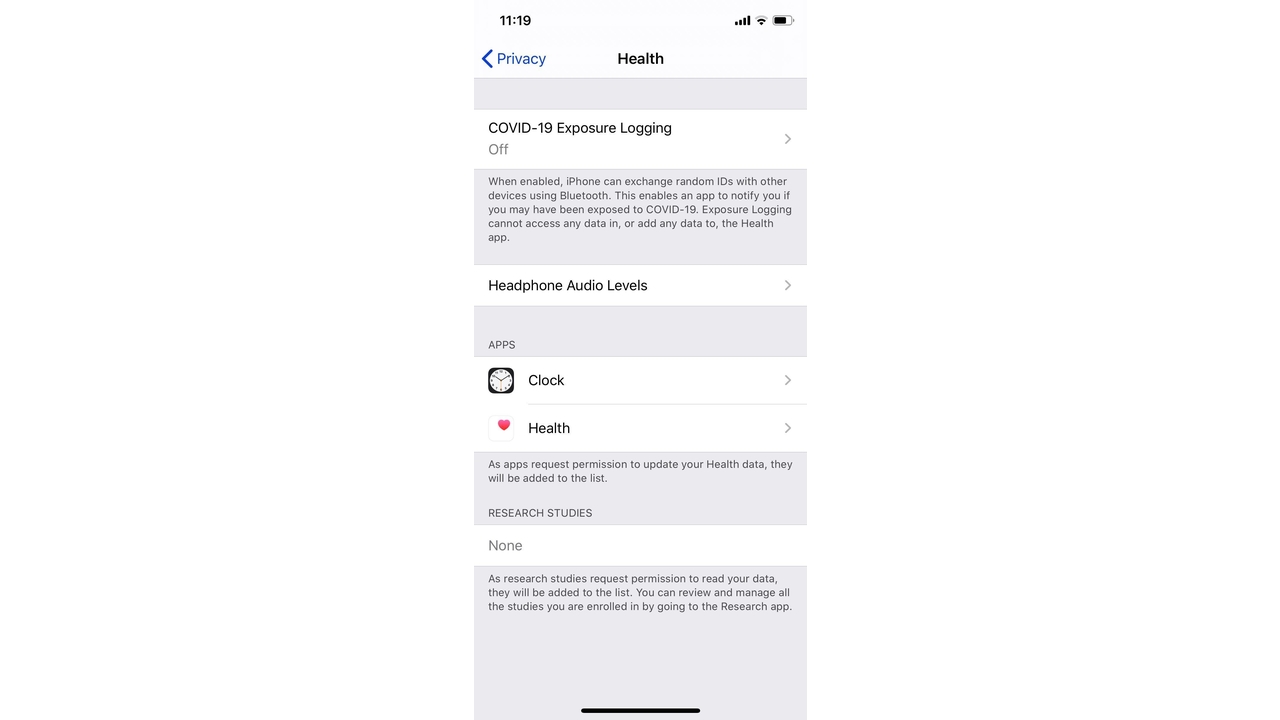Over the last few days, both Google and Apple have made available their Covid-19 exposure tracking technology in India. Most of us would not have realized it, but the app has made its way to our devices. A quick peek into the settings menu shows that the feature is present and if not active, it may soon see a green light.
To recall, this is the same solution that saw a rare collaboration between both the arch-rivals – Apple and Google and was announced in April. The idea behind this app was to create a self-sufficient alarm system with the help of smartphones to alert users in case a person, they’ve come in touch with in the recent past, tests positive.
The API based solution is supposed to exchange “anonymous identifying” keys with other smartphone users and work in tandem with the coronavirus-tracking applications created by the local government and public health agencies to notify the user for a possible infection. The system though is designed to keep the users’ identity anonymous and verify their status from the official database.
Keeping privacy at its core, the Exposure Notification solution developed by Google and Apple requires developers of contract tracing apps to agree to the terms and conditions set by the tech giants. One such condition is that the users will have the liberty to opt-in or out of the solution and can explicitly prevent the application from collecting personal data like device location etc.
- Indian govt 'softens' new Aarogya Setu guidelines
- Aarogya Setu could be made mandatory for passengers in India
- Jio Phones to get Aarogya Setu app soon

Where do I find Exposure Notifications?
On Android devices, you need to go to Settings and under settings, search for Google and tapping on Google will show Covid-19 notifications. While on iPhones, it can be found under settings, privacy, then health. Though, it is still inactive in both Android and iOS.
How is it different from Aarogya Setu?
The moment we say contact tracing for coronavirus, Aarogya Setu is the obvious name that appears in our mind, though it has been deemed ineffective by experts and has a dubious record when it comes to data privacy. While Aarogya Setu is the only government created and acknowledged solution in India, both Apple and Google’s solution is not compatible with it as of now.
If you’re wondering why? Then the answer lies in the privacy policies and the way both the solutions work. While the Exposure Notification solution uses Bluetooth effectively making the entire contract tracing solution work efficiently. Secondly, the solution created by Google and Apple focuses on user data privacy and does not collect a device’s GPS location.
It is designed to create random anonymous IDs that, change in every 10-20 minutes and are used as a digital handshake to facilitate contract tracing. This solution has been adopted by various European countries like Switzerland, Austria, Italy, Poland, Germany, etc while many are developing their applications based on the Exposure Notification solution.
On the other hand, Aarogya Setu uses both Bluetooth and location data by design and stores the information on its servers. It has been under a scanner for storing personal information as it could be used as a tool to monitor the movements of the citizens. Also, its database was reportedly breached by a security expert sometime back.
Can the two co-exist?
Both Aaogya Setu and Exposure Notification’s API based solution rely on entirely different technology for contract tracing. While for Aarogya Setu to make use of Exposure Notification’s technology, it needs to meet the preset criteria around user data collection and privacy policies set by both Google and Apple.
On the other hand, even for Apple and Google to implement their solution in India, they also need approval from the government. Hence, Aarogya Setu app remains the go-to app for contact tracing in India. To make Aarogya Setu use the API from Apple/Google, it will need to be redone from scratch and also it means that the app will do away with some of its core features. It is unlikely that the government will do away with these features.
Via: Indian Express
No comments:
Post a Comment